
Contact Us
Get in touch with us using the form or details below. We look forward to hearing from you!
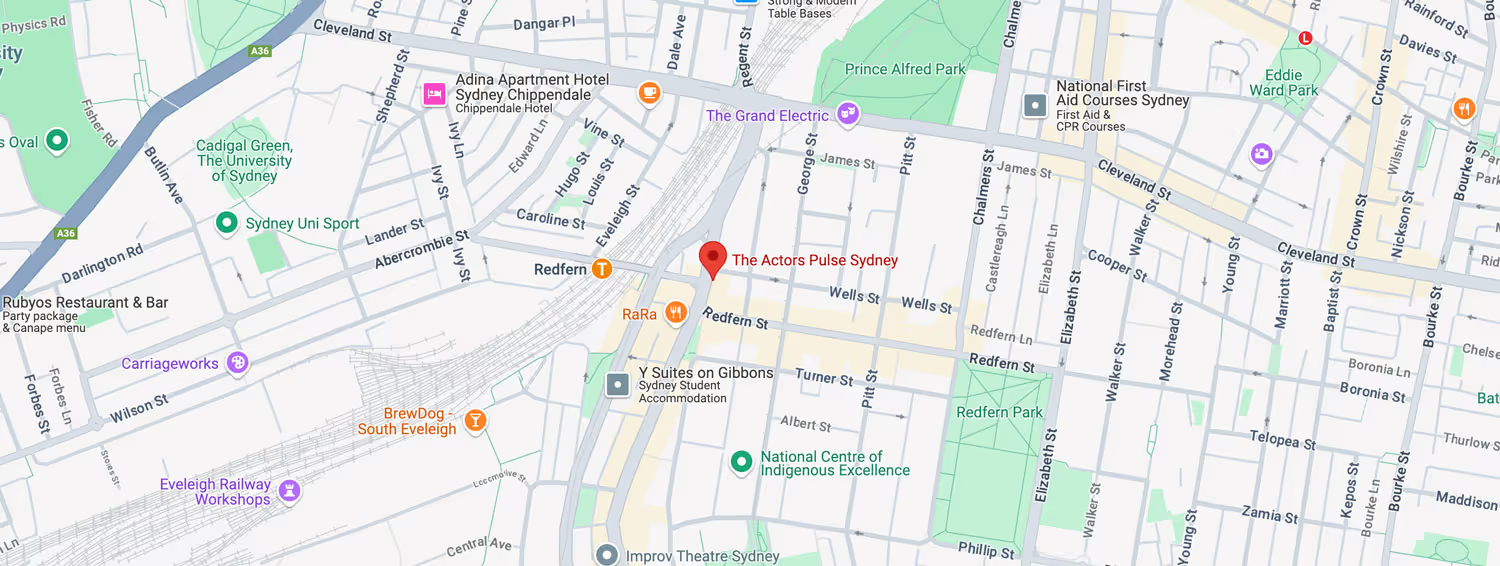

Is acting on the silver screen your idea of a dream career? Is theatre acting something that completely disinterests you? If so, you may be wondering if you need theatre skills to act on screen and what your alternatives are for professional training outside of the theatre space.
In this article, we’ll take a look at whether a stint in theatre or professional theatre training is necessary to become an actor on the big screen.
Let’s get started.
While you may be inclined to pigeonhole actors as being either stage or screen actors, the reality is many are hugely successful doing both. In fact, many of Australia’s most famous and well-established actors started their careers on stage.
Hugh Jackman for example regularly jumps between stage and screen into a diverse range of roles that really demonstrate his skills. From Wolverine on screen to Peter Allen on stage and musical theatre film roles such as The Greatest Showman, Jackman demonstrates the benefits of being across both mediums.
Likewise, our very own Cate Blanchett had a long career in theatre alongside her screen acting roles and now mentors up and coming actors through the Sydney Theatre Company which counts Russell Crowe, Geoffrey Rush, Rose Byrne, Mel Gibson and more as its alumni.
Being across theatre has advanced these actors career opportunities and led to them being highly respected and sought after.
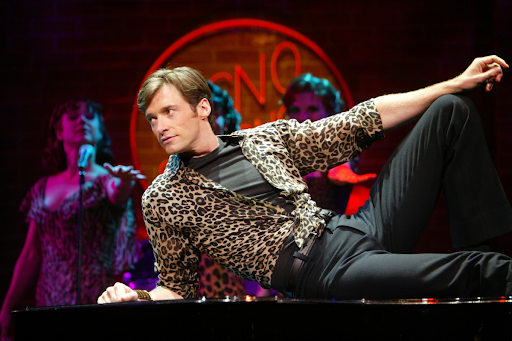
Theatre acting or stage acting is not too dissimilar to screen acting. Where it differentiates is that theatre acting relies on the actor to exaggerate their movements, be more emotive and project their voice to bridge the gap between the performer and the audience.
It can also involve musical elements and dance combined with acting that is all performed without additional takes in a two to three-hour performance.
In some ways, this makes it harder than film acting as there are no breaks or room for error. On the upside, it is chronological in order whereas film acting is often shot out of sequence with multiple takes over several days.
Theatre acting teaches a range of valuable skills and attributes that are readily transferable to screen acting including:
It is the perfect place to workshop as an actor and gives you an ideal platform from which to diversify into the big screen. As mentioned above, many actors also return to the stage throughout their careers alongside successful on screen careers.
Why? Many actors enjoy the challenge of theatre work and the chance to take a step back from the intensity of film-making. For some it is also a great chance to brush up on their skills and continue to prove their worth as an actor outside of movies.
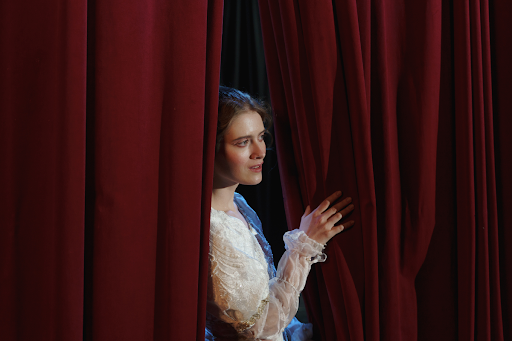
Ultimately, there are no formal educational requirements to become an actor – there is nothing that says you must have theatre experience. So no, you don’t have to pursue theatre in order to become an actor. However, the success of most actors is down to their experience and skill set.
Having theatre training and experience on your resume can go a long way towards your career progression as casting directors will know you likely have a broader skill set and the attributes outlined above.
Having said that, plenty of famous screen actors have no experience in theatre and have only ever acted on screen. Though many of these segued into acting from successful careers such as modelling or child acting rather than climbing from the bottom up.
If theatre acting just doesn’t appeal despite the skills and experience you stand to gain, the alternative is to engage in screen training. Professional acting lessons can help you prepare for a future in both screen and stage roles, you’ll simply be skipping the experience of acting on stage and further developing skills specific to theatre.
One of the most sought after styles of training for both stage and screen is the Meisener technique.
With a focus on an instinctive, natural approach to acting, The Actors Pulse is one of the few schools in the world – and the only one in the southern hemisphere – that teaches the full Meisner system.
In addition to teaching more traditional approaches, we have a strong focus on screen acting and audition techniques for artists who are seeking careers in the film, television and theatre industries.
While we are heavily focused on screen acting techniques, our professional lessons will also prepare you to take to the stage should you later change your mind.
Ultimately, to succeed as an actor you must have a passion for performing and entertaining coupled with great technical skills and diverse experience.
At The Actors Pulse, we believe engaging in acting roles across both theatre and screen are beneficial to your progression as an actor both personally and professionally.
For this reason, we encourage all our students to work in theatre at some stage – we even have our own inner-city theatres and neighbourhood playhouses for you to hone your skills in.
You should always keep in mind that casting directors are looking for diversity and experience in their actors as much as acting skill. Even a short stint on stage can do wonders for your resume and your development as an actor.
Community theatre and other theatrical events offer great opportunities for networking and can play a key role in your ability to find roles on the screen. They connect you with directors, producers, casting agents and other actors who can help you find your feet in the highly competitive world that is acting.
For a well-rounded approach to developing your skills as an actor, whether on stage or screen contact the team at The Actors Pulse today on 0414 475 515.

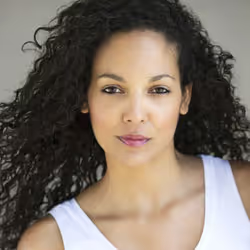
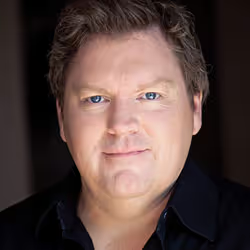


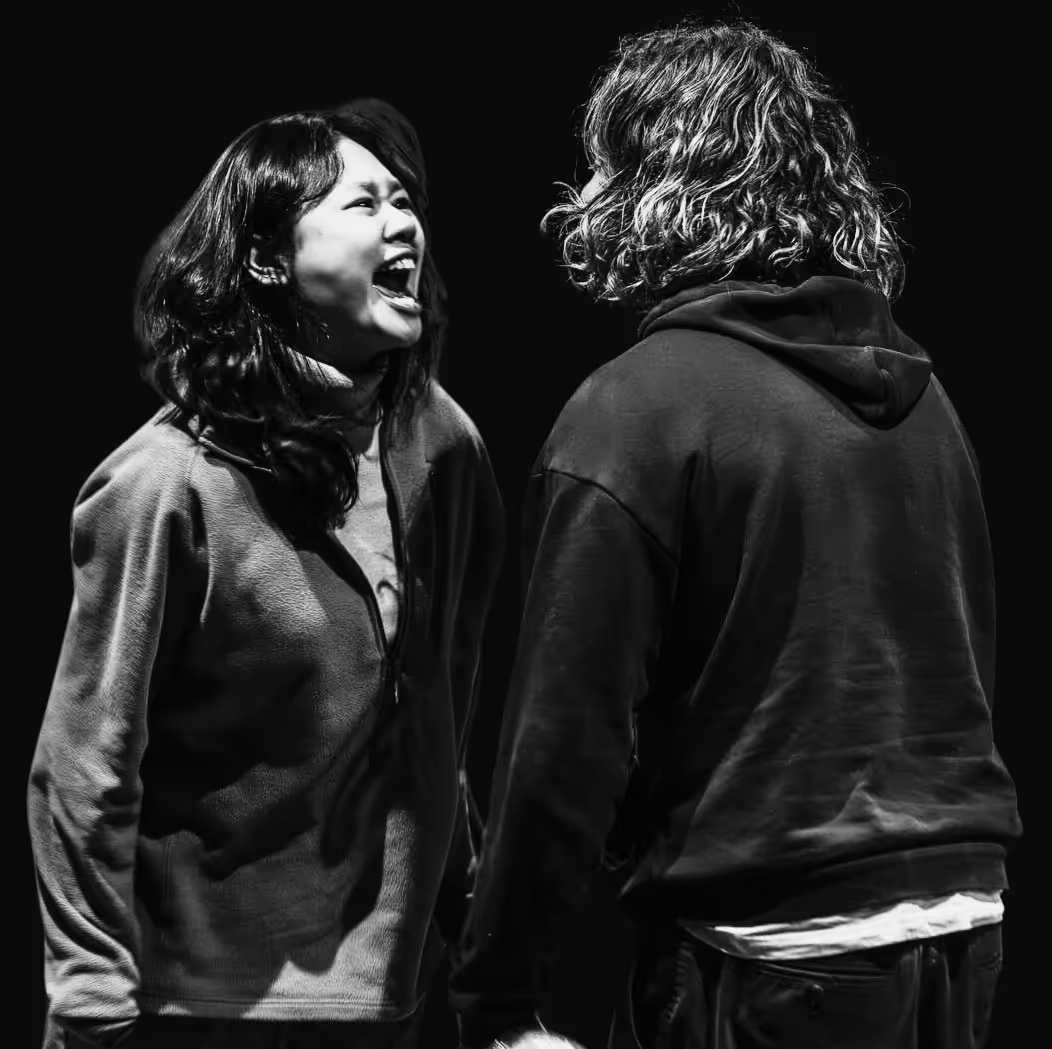



Get in touch with us using the form or details below. We look forward to hearing from you!
